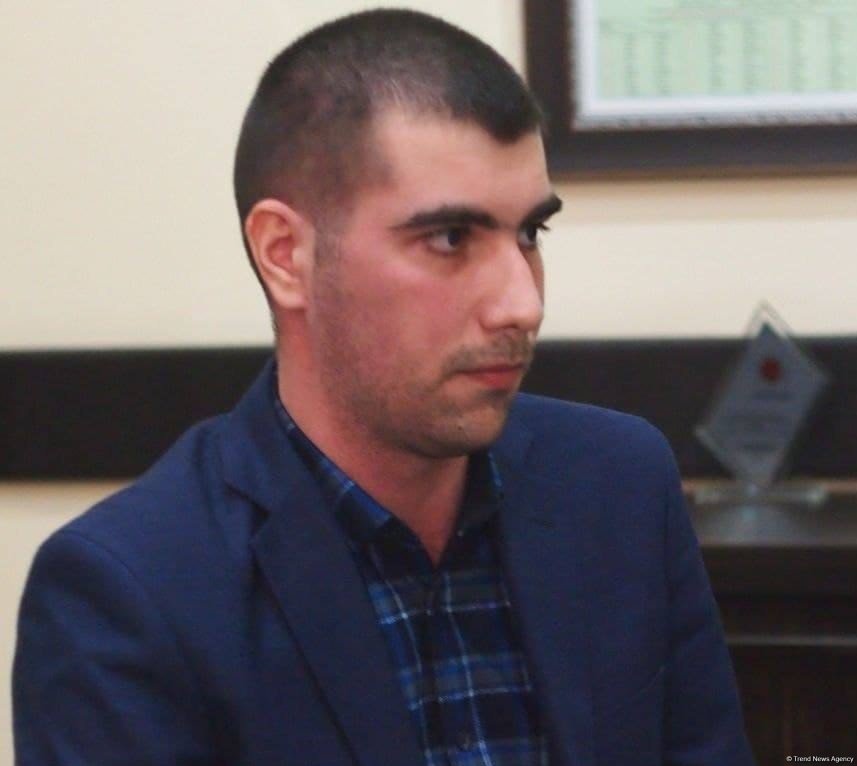BAKU, Azerbaijan, October 24. The Minister of Foreign Affairs of Romania, Oana Țoiu, participated in the debate on the future Multiannual Financial Framework for the 2028–2034 period, held during the meeting of the Council of General Affairs (CAG) in Luxembourg, Trend reports.
In her intervention, Minister Oana Țoiu reiterated the importance that Romania attaches to the file and the country’s commitment to contributing constructively to the ongoing negotiation process. She emphasized that the European budget must reflect both the current needs of Member States and citizens, while also ensuring funding for the EU’s response to new priorities and challenges.
Regarding the structure of the new EU budget, the Romanian minister supported the continuation and adequate financing of traditional EU policies, including cohesion policy and the Common Agricultural Policy (CAP), highlighting that these form part of the Union’s DNA and insisting that they should not be placed in competition with other financial instruments. In this regard, the Romanian minister expressed reservations about the Commission’s proposal to combine these funds, warning of the risk that such an approach could affect easy and predictable access to European funding, which is essential for the development of communities and regions.
Concerning new priorities, Minister Oana Țoiu stressed the major importance of security and competitiveness, endorsing the European Commission’s consistent proposal for an ambitious budget. In her intervention, the Romanian minister emphasized the need to fund dual-use projects (civilian and military), whether related to infrastructure or military mobility, given the geopolitical realities on the EU’s eastern border and the Black Sea, and noting that these investments serve the security of the entire Union.
Regarding the proposed Competitiveness Fund, Romania advocated ensuring effective and broad access to resources for all Member States and companies—large, medium, and small—thus avoiding widening disparities within the Union. The Romanian foreign minister insisted that funding should be allocated not only based on excellence and innovation but also to traditional industries (such as automotive, chemical, and metallurgical sectors), which are vital for the Union’s strategic objectives, including defense. She noted that this approach will contribute to increasing the Union’s competitiveness and reducing dependence on countries outside the European Union.









